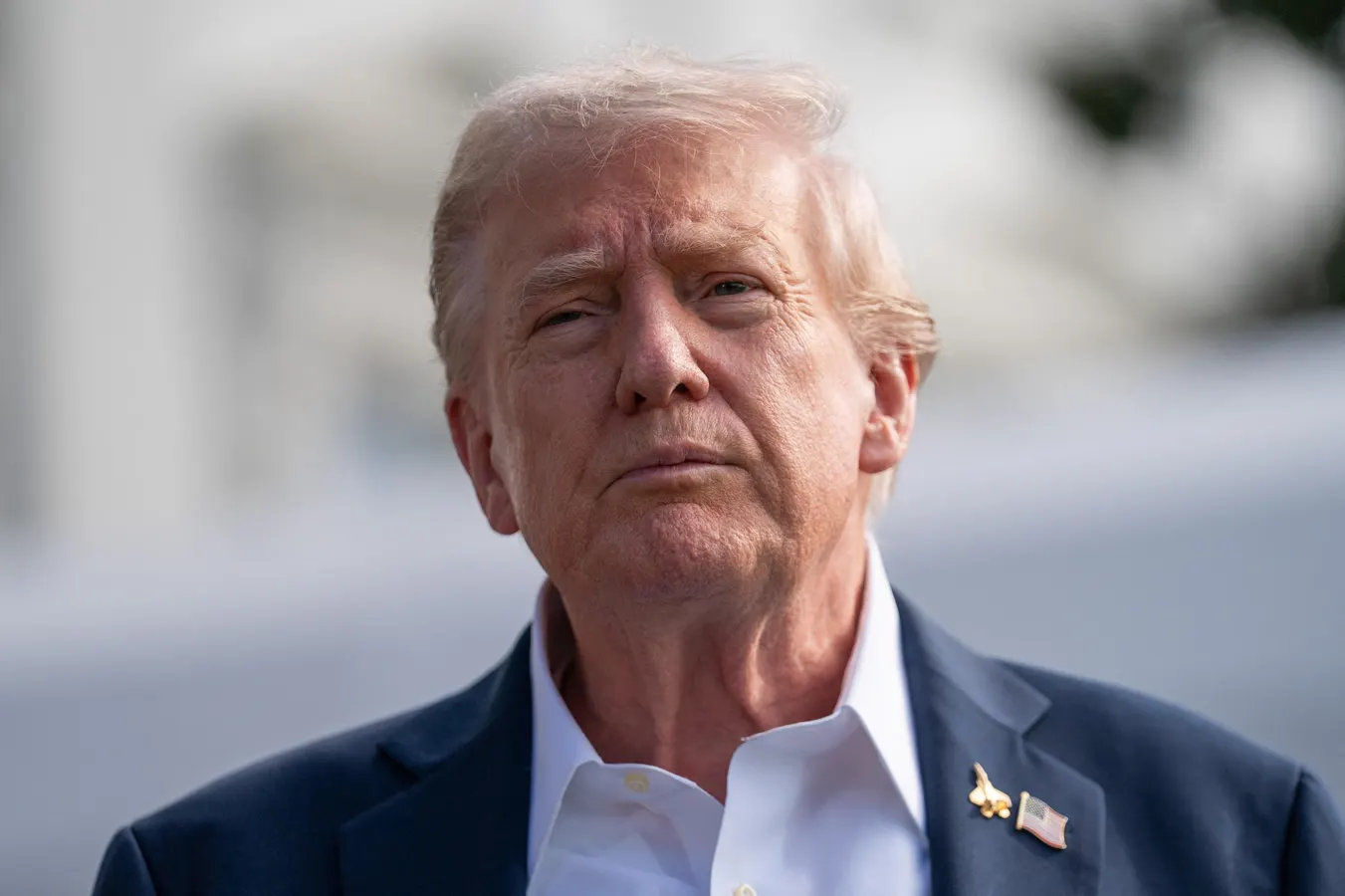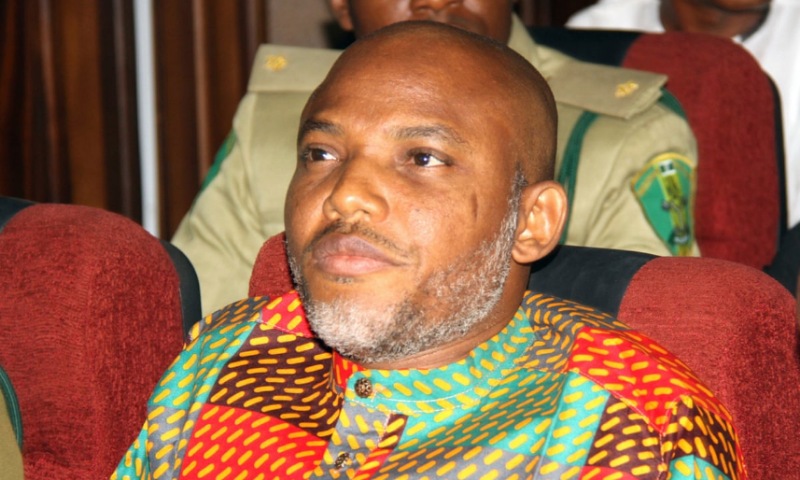The Trump administration announced on that it would pause $2.1 billion in federal infrastructure funds for Chicago projects. The decision hits hard at two major transit efforts: the Red Line extension into the South Side and the Red & Purple Modernization Project. The pause emerged as part of broader maneuvers during the government shutdown.
According to the White House, officials want to “ensure funding is not flowing via race-based contracting.” Budget Director Russ Vought flagged that concern in a public post. He added that the freeze also affects New York, where $18 billion in transit funding was paused earlier.
Impact on Chicago and Its Communities
This funding pause throws the Red Line extension into sudden jeopardy. That project aims to add stations and link historically underserved neighborhoods in Chicago’s South Side. Many residents had expected relief from long commutes and better job access.
Mayor Brandon Johnson condemned the move immediately. He pledged to “use every tool” to fight for restoration of funds. He emphasized that the South Side has waited decades for this investment. Illinois Governor JB Pritzker called the action “holding bipartisan funding hostage” and warned it hurts ordinary people who depend on transit.
Democratic lawmakers joined the criticism. Rep. Mike Quigley called the freeze “weaponization of infrastructure funding,” saying it targets a project many view as essential. Meanwhile, critics argue that delaying these projects will drive up final costs, extend timelines, and erode public trust.
The Contracting and Legal Justifications
The administration claims it paused funds to review diversity, equity, and inclusion (DEI) contracting practices. Officials question whether race- or sex-based criteria in contracts violated constitutional limits. The U.S. Department of Transportation also placed the projects under administrative review.
Yet Chicago officials argue that the funding had already been competitively awarded under federal grant programs. They maintain that the city adhered to grant requirements, including minority business participation guidelines. In fact, a “full funding grant agreement” signed earlier in 2025 aimed to protect the projects from future clawbacks.
To override this pause, some local and state entities may resort to lawsuits. They could argue that federal funds were contractually obligated and that the freeze undermines treaty-like commitments given to Chicago.
Broader Political Strategy
This move fits a pattern: Trump’s administration is freezing infrastructure funds in Democratic-led cities during the shutdown. In New York, the administration paused billions for transit and tunnel projects. By targeting blue cities, the White House hopes to pressure Democrats to negotiate funding bills.
In effect, infrastructure becomes a political lever. Supporters say it ensures accountability and prevents misuse of federal dollars. Critics call it punitive, arguing it hurts disadvantaged communities and hampers progress on essential public transit.
What Residents and Riders Face
For riders, this pause threatens delays, broken promises, and possible project cancellation. Communities already underserved may suffer further. For contractors and workers, uncertainty looms regarding jobs tied to stalled projects.
Additionally, once projects stall, restarting them tends to cost more. Inflation, material escalation, and renewed bidding processes could push the final price much higher.
Conclusion
By pausing $2.1 billion in Chicago transit funding, the Trump administration delivered a sharp blow to city planners, local government, and vulnerable communities. While the move ties into political pressure tactics amid shutdown talks, its real casualties may be neighborhoods strangled by decades of transit neglect. As legal battles emerge and political pressure mounts, Chicago faces a stark choice: push back or watch crucial infrastructure dreams fade away.
Bonus Read: Trump to Impose Heavy Tariffs on Drugs, Furniture and Trucks



